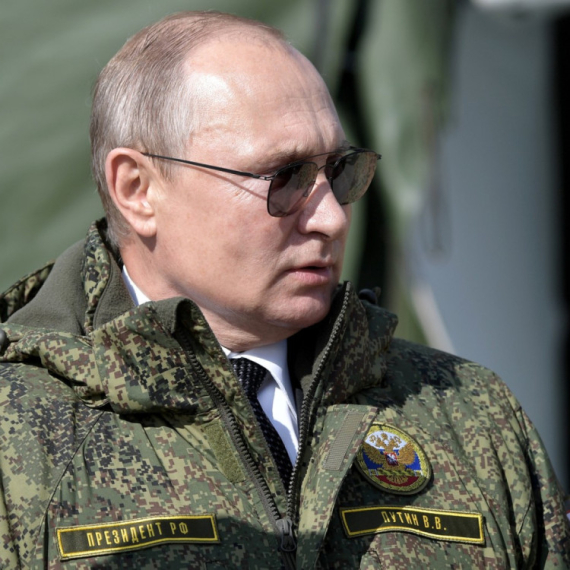Court rehabilitates WW2-era Chetnik leader Draza Mihailovic
The commander of the WW2-era Chetnik movement Dragoljub Draza Mihailovic has been rehabilitated by the decision of the Higher Court in Belgrade.
Thursday, 14.05.2015.
11:44

Court rehabilitates WW2-era Chetnik leader Draza Mihailovic
This ruling reverses the judgment passed in 1946, sentencing Mihailovic to death for collaboration with the occupying Nazi forces and stripping him of all his rights as a citizen.Mihailovic was a high ranking officer in the pre-war Yugoslav Kingdom Army, and after 1941, he headed the Yugoslav Army in the Homeland (Chetniks). During the Second World War and the occupation, a civil war was waged by Chetnik (royalist) and Partisan (communist) movements, from which the latter emerged victorious.
The court's decision to approve the request for the annulment of the judgment and rehabilitate Mihailovic is final and cannot be appealed. This decision restores all civil rights to Mihailovic.
Judge Aleksandar Tresnjev said today the court approved the request for rehabilitation and overturned the verdict of July 15, 1946 that sentenced Mihailovic to death. He was executed two days later.
The announcing of the verdict attracted a lot of attention, with a large number of citizens gathering in front of the courthouse. Among them were members of anti-fascist associations, the Ravnogorski Movement, and also activists of Women in Black, and the convicted member of Obraz Mladen Obradovic.
The process of rehabilitation began on September 16, 2010, but stalled on two occasions - once when the court awaited information about the exact date of Mihailovic's execution, and again when the Alliance of Anti-Fascists of Serbia filed criminal complaints alleging perjury against two witnesses.
The request to rehabilitate Mihailovic was first filed in 2006 by his grandson Vojislav Mihailovic, and professors from the University of Belgrade Smilja Avramov and Kosta Cavoski, the Serbian Liberal Council and the Association of the Yugoslav Army in the Homeland. Later, the request was joined by some political parties and associations.
The trial was marked by public debates, and the hearings, as well as the passing of the verdict, by frequent confrontations of "Chetniks" and "Partisans" in front of the court.
During the process the court heard dozens of witnesses, mostly historians, played audio recordings from the trial and collected numerous documents.



























































Komentari 24
Pogledaj komentare